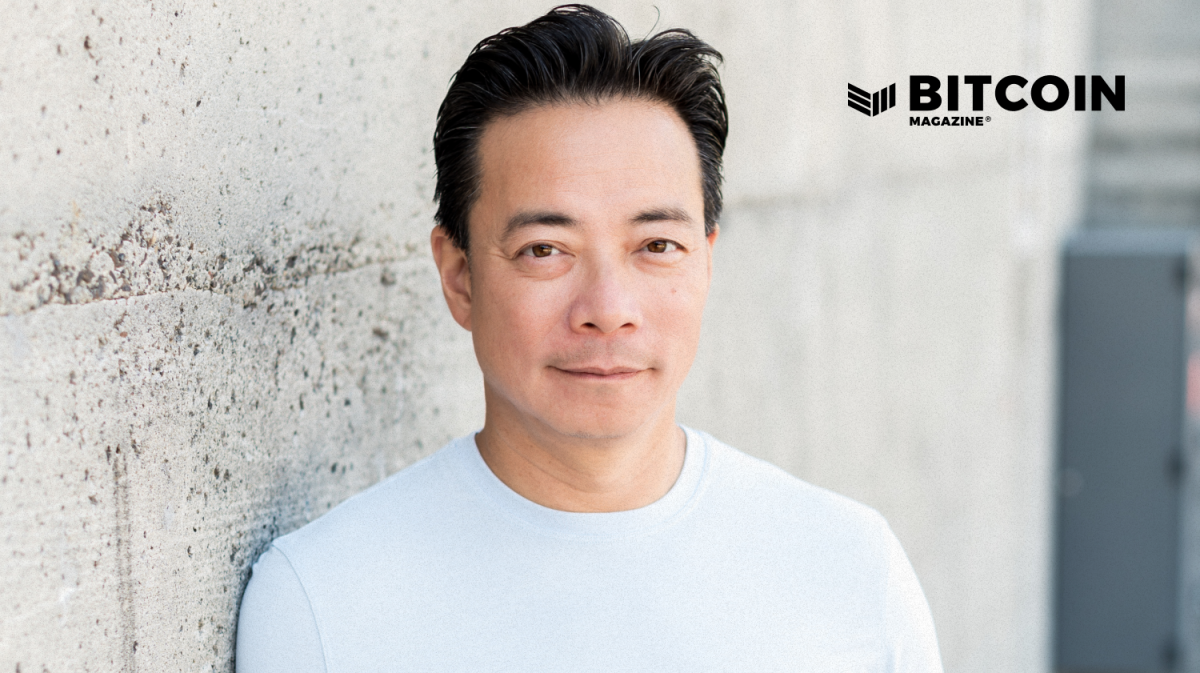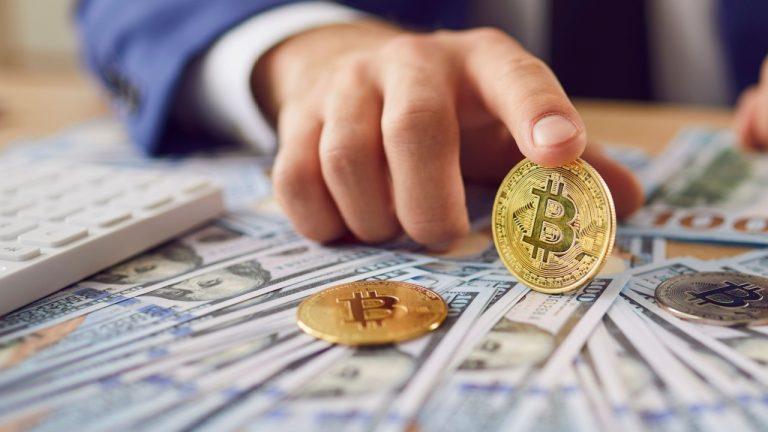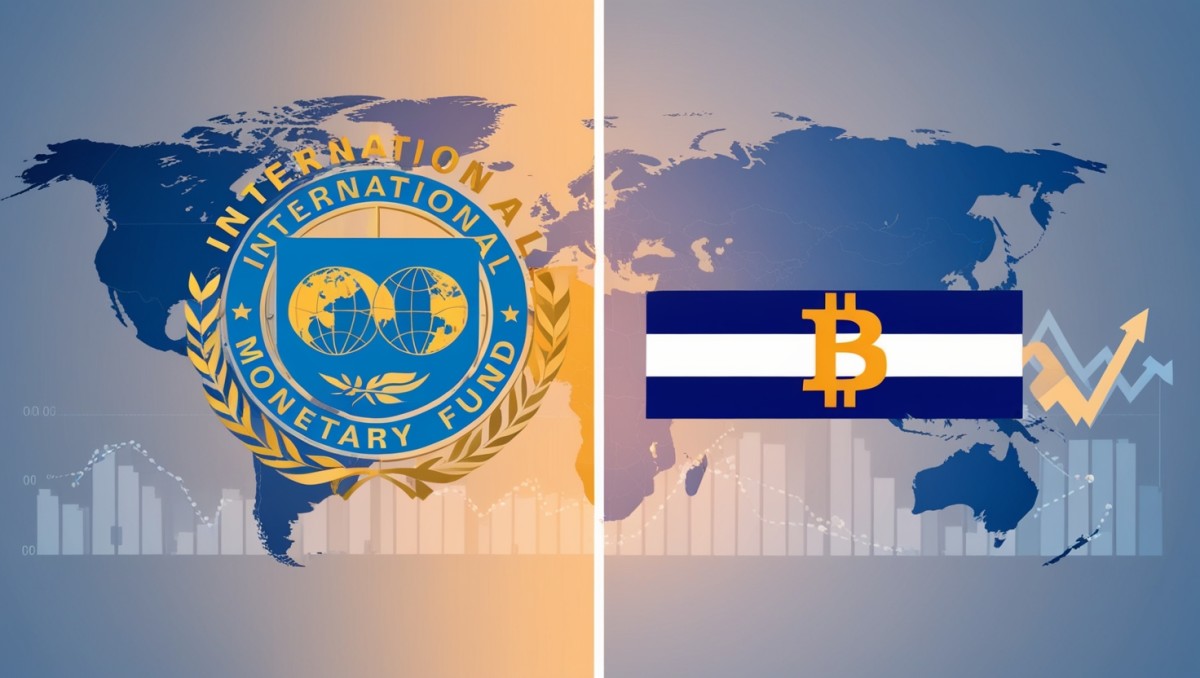As part of the deal, the country will make Bitcoin acceptance by merchants voluntary, scale back government involvement in Bitcoin-related projects, and restrict public sector use of the cryptocurrency.
Key Terms of the IMF AgreementThe agreement will provide El Salvador with $1.4 billion over 40 months, contingent on measures aimed at reducing the nation’s debt-to-GDP ratio. The IMF outlined the changes in a December 18 statement, highlighting its concerns about the risks associated with El Salvador’s Bitcoin experiment.
“The potential risks of the Bitcoin project will be diminished significantly in line with Fund policies. Legal reforms will make acceptance of Bitcoin by the private sector voluntary,” the IMF stated. It also confirmed that public sector transactions, purchases, and engagement with Bitcoin would be “confined.”
El Salvador’s government will also phase out its involvement with the state-backed Chivo wallet, a crypto payment app launched in 2021. Additionally, taxes will remain payable only in U.S. dollars—the country’s official currency since 2001.
Shifting Bitcoin PolicyThis move marks a significant shift from President Nayib Bukele’s earlier policies, which made El Salvador the first country to adopt Bitcoin as legal tender in June 2021. The government has since purchased 5,968 Bitcoin, currently valued at approximately $602 million, according to the Bitcoin Office’s tracker.
The IMF agreement is seen as a culmination of four years of negotiations. The lender had previously urged El Salvador to abandon its Bitcoin plans, warning of the speculative nature of cryptocurrencies and the potential risks to the country’s economy.
Broader Financial ImplicationsIn addition to the IMF loan, the agreement is expected to unlock further financing from other global institutions, including the World Bank, bringing the total package to over $3.5 billion.
The IMF’s announcement has sparked varied responses. Max Keiser, a Bitcoin adviser to President Bukele, dismissed the deal as “bureaucratic, meaningless nonsense” and claimed Bitcoin adoption in El Salvador was already voluntary and growing.
Source: X
“Bitcoin use in El Salvador has never been higher and continues to grow,” Keiser wrote in a post on X.
However, surveys suggest otherwise. A study conducted in October found that 92% of Salvadorans do not use Bitcoin for transactions, an increase from the 88% reported in a similar survey in 2023.
While the deal still requires IMF Executive Board approval, it signals a departure from Bukele’s aggressive Bitcoin strategy. By aligning its policies with the IMF’s demands, El Salvador aims to stabilize its finances and foster economic growth, though questions remain about the long-term viability of its Bitcoin experiment.

















